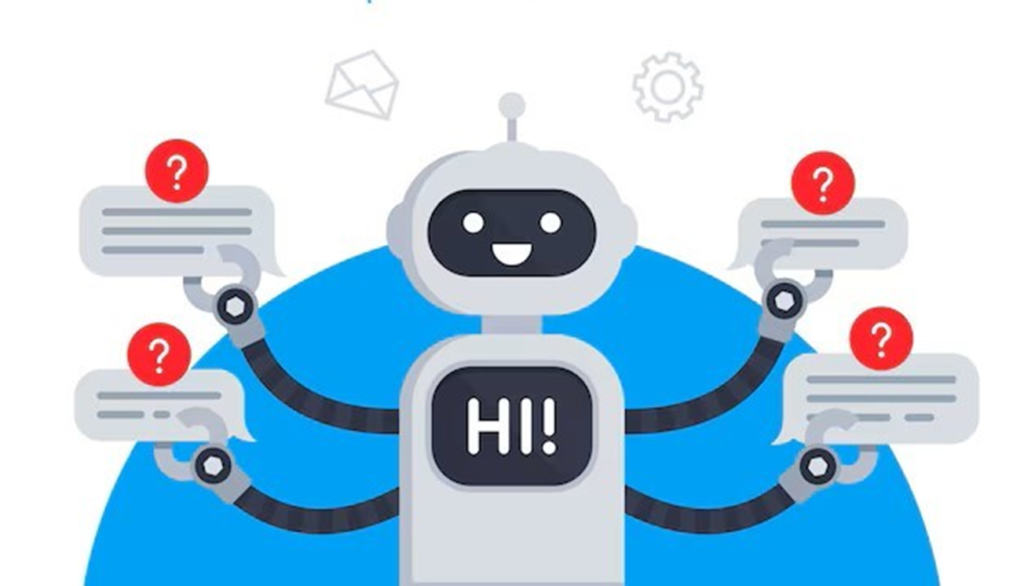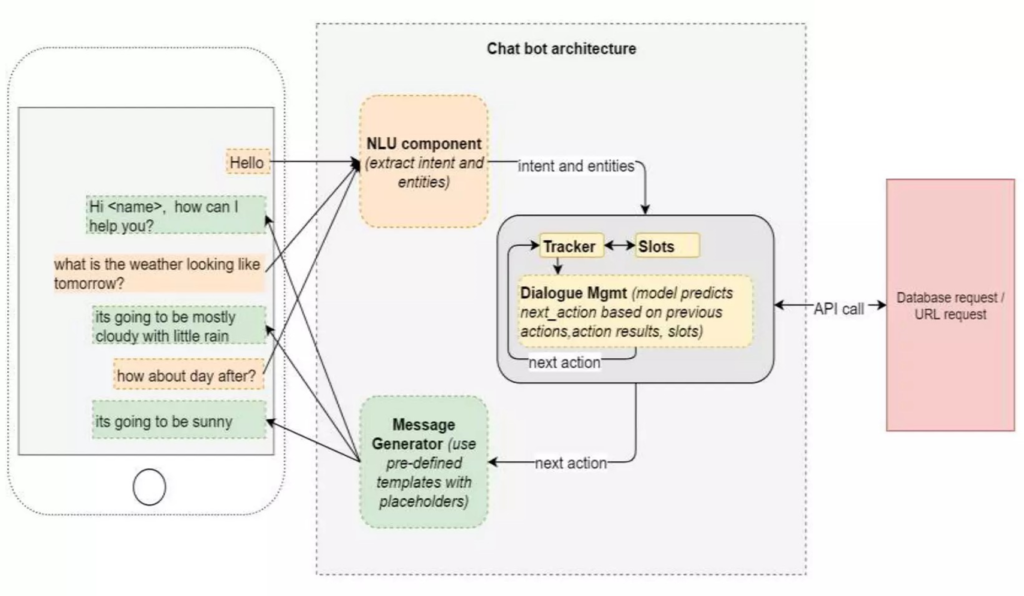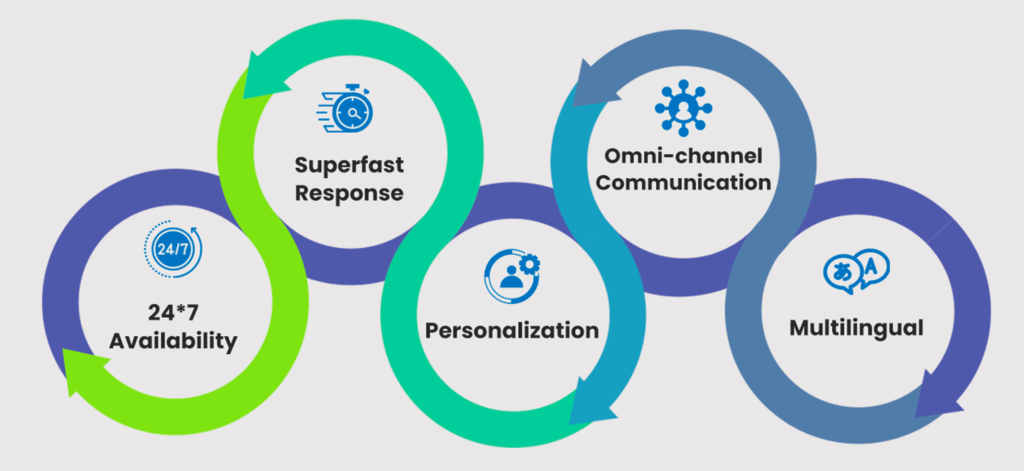Objective
Chatbots are software applications that simulate conversation with users through text or voice interactions. They are transforming how businesses and individuals interact, offering 24/7 availability, automation of repetitive tasks, and personalized experiences.
Introduction

In today’s digital age, users expect immediate and convenient interactions. Chatbots bridge this gap by providing real-time communication, streamlining processes, and offering around-the-clock support.
Types of Chatbots
- Rule-based Chatbots: These chatbots rely on predefined rules and decision trees to navigate conversations. They excel at handling routine inquiries and providing quick answers to frequently asked questions.
- AI-powered Chatbots: Leveraging artificial intelligence (AI) techniques like natural language processing (NLP), these chatbots understand user intent and respond in a more natural way. They can handle complex questions, adapt to evolving conversations, and even personalize interactions.
Chatbot Architecture

Applications
- Customer Service: Chatbots can answer common questions, troubleshoot basic issues, and direct users to human agents for complex matters. This frees up human representatives to focus on intricate customer needs.
- Marketing & Sales: Chatbots can qualify leads, answer product inquiries, and even personalize marketing messages based on user interactions. This enhances lead nurturing and conversion rates.
- Entertainment & Education: Chatbots can be used for interactive games, simulations, or educational purposes, providing engaging and personalized learning experiences.
Advantages

- 24/7 Availability: Chatbots offer uninterrupted service, ensuring users can get answers and assistance anytime, anywhere.
- Enhanced Efficiency: Automating repetitive tasks like answering FAQs and collecting basic information allows human agents to focus on higher-value interactions.
- Personalized Experiences: Chatbots can tailor responses and recommendations based on user data, leading to a more engaging and relevant experience.
- Data Collection: Chatbot interactions provide valuable customer data about preferences and pain points, informing marketing strategies, product development, and chatbot improvement.
Conclusion
Chatbots are revolutionizing user interaction by offering convenience, automation, and personalization. As AI and NLP continue to evolve, chatbots will become even more sophisticated, seamlessly integrating into our daily lives and transforming the way we interact with technology.


